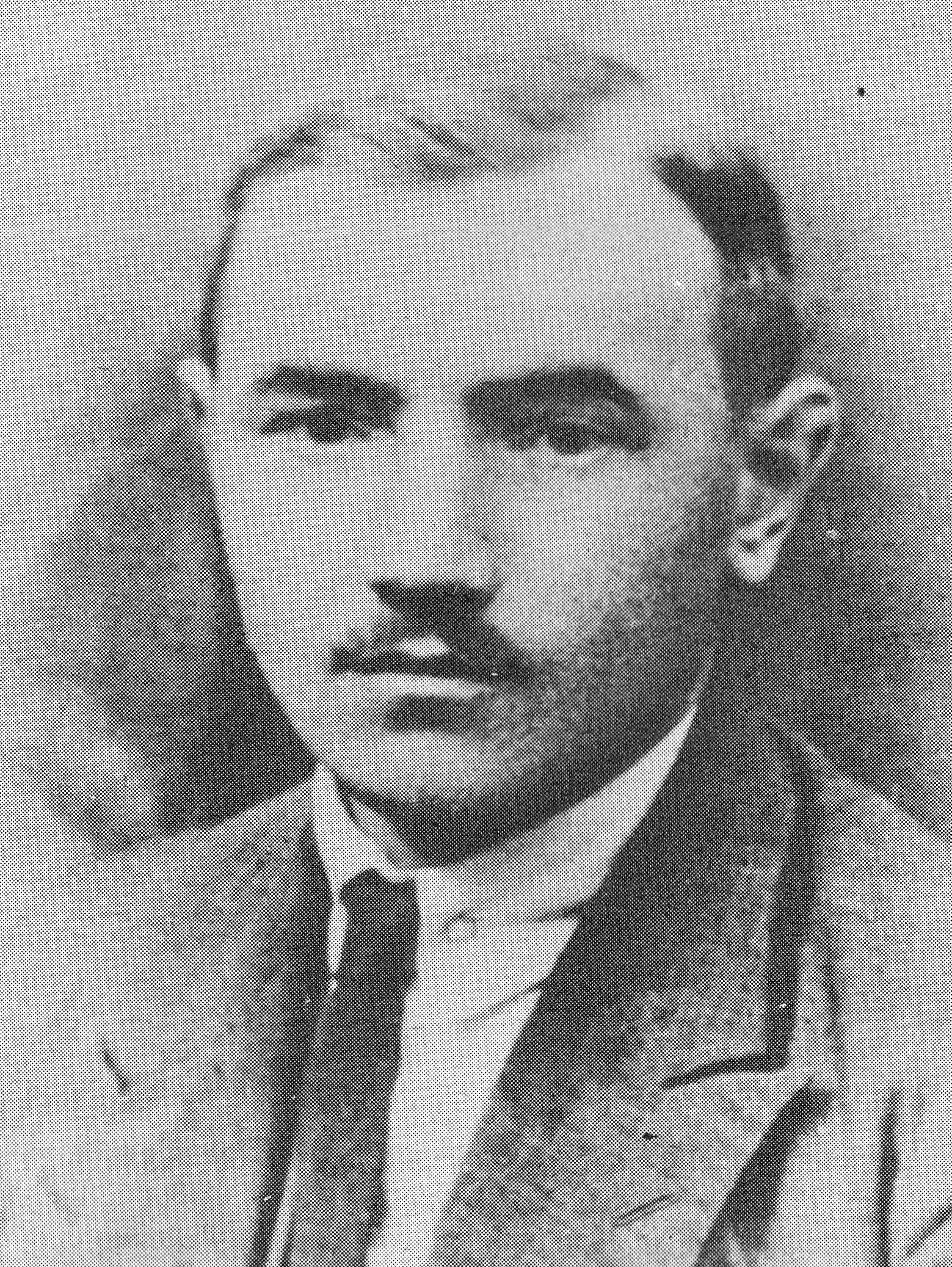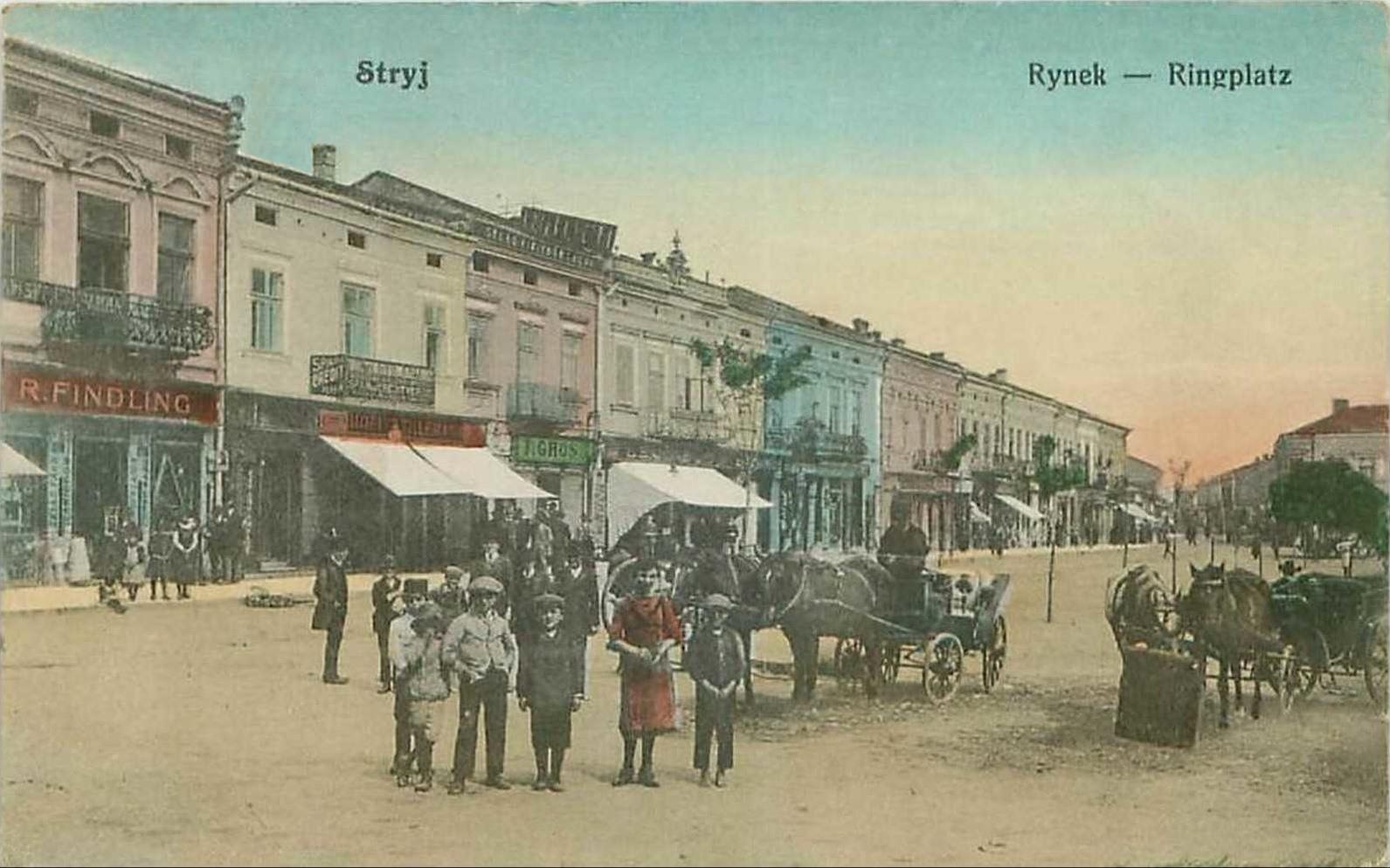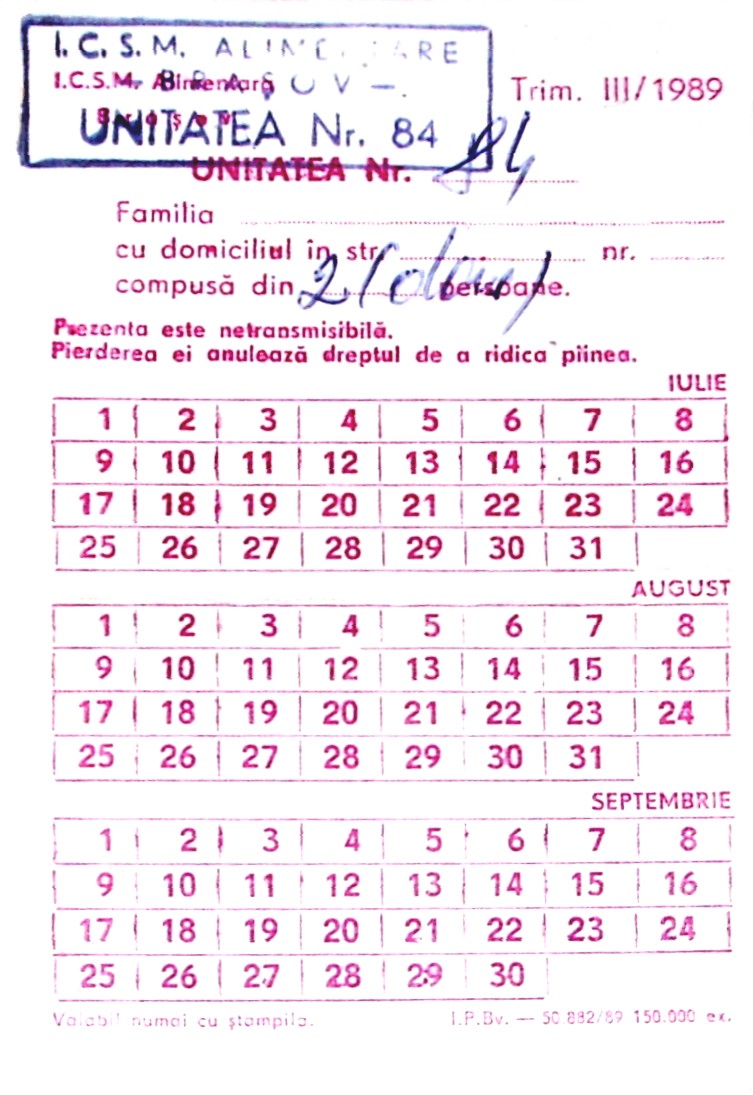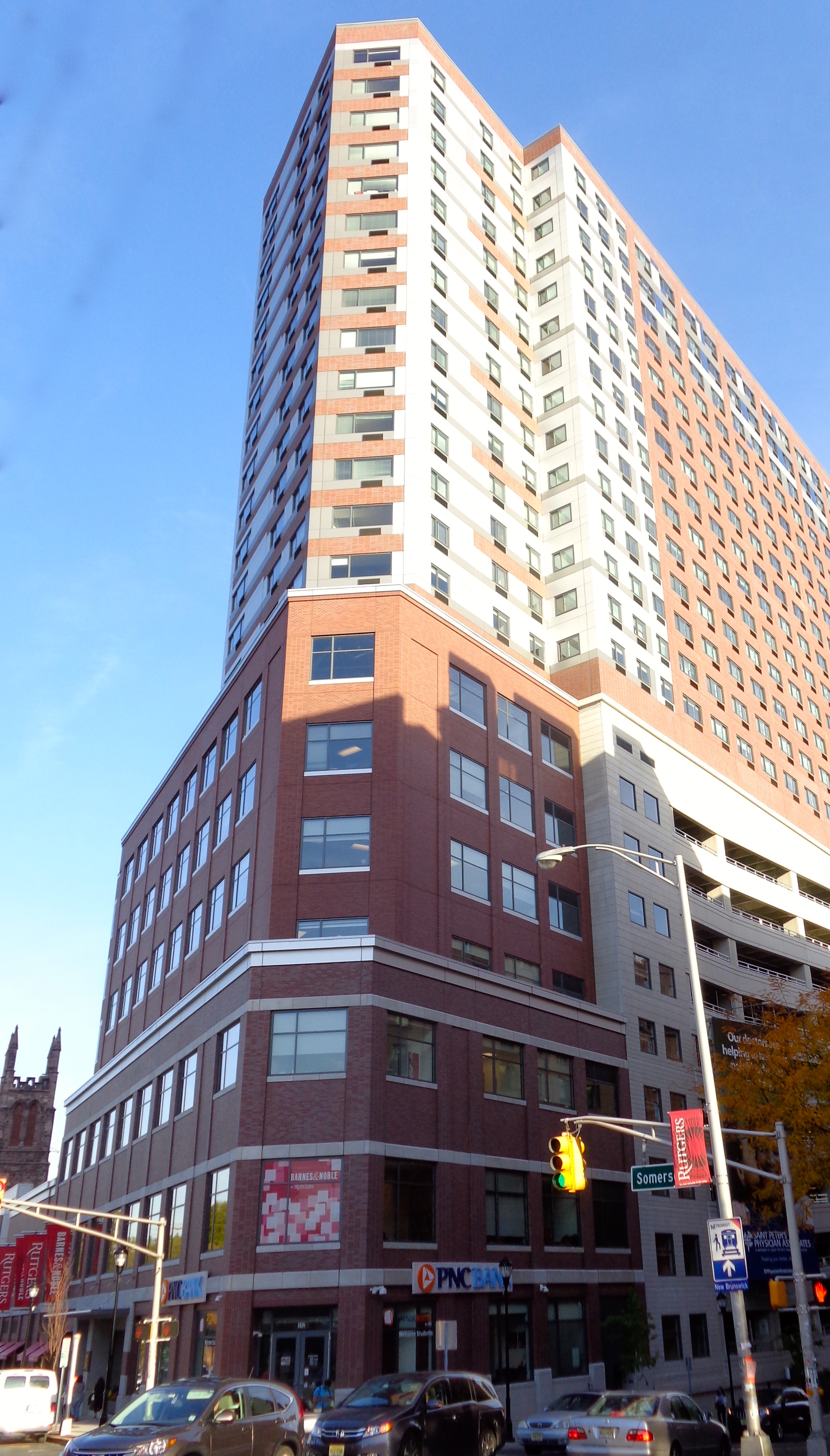|
Edward Gierek
Edward Gierek (; 6 January 1913 – 29 July 2001) was a Polish Communist politician and ''de facto'' leader of Poland between 1970 and 1980. Gierek replaced Władysław Gomułka as First Secretary of the ruling Polish United Workers' Party (PZPR) in the Polish People's Republic in 1970. He is known for opening communist Poland to the Western Bloc and for his economic policies based on foreign loans. He was removed from power after labour strikes led to the Gdańsk Agreement between the communist state and workers of the emerging Solidarity free trade union movement. Born in Sosnowiec, Congress Poland, to a devoutly Catholic family, Gierek emigrated with his relatives to France at a young age. In 1934, he was deported to Poland for communist advocacy and campaigning, but subsequently moved to Belgium to work as a coal miner in Genk. As a result, he was proficient in French, which benefited in pursuing his future political career. During the Second World War, Gierek was active ... [...More Info...] [...Related Items...] OR: [Wikipedia] [Google] [Baidu] |
Polish United Workers' Party
The Polish United Workers' Party ( pl, Polska Zjednoczona Partia Robotnicza; ), commonly abbreviated to PZPR, was the communist party which ruled the Polish People's Republic as a one-party state from 1948 to 1989. The PZPR had led two other legally permitted subordinate minor parties together as the Front of National Unity and later Patriotic Movement for National Rebirth. Ideologically, it was based on the theories of Marxism-Leninism, with a strong emphasis on left-wing nationalism. The Polish United Workers' Party had total control over public institutions in the country as well as the Polish People's Army, the UB-SB security agencies, the Citizens' Militia (MO) police force and the media. The falsified 1947 Polish legislative election granted the far-left complete political authority in post- war Poland. The PZPR was founded forthwith in December 1948 through the unification of two previous political entities, the Polish Workers' Party (PPR) and the Polish Socialist Par ... [...More Info...] [...Related Items...] OR: [Wikipedia] [Google] [Baidu] |
Bolesław Bierut
Bolesław Bierut (; 18 April 1892 – 12 March 1956) was a Polish communist activist and politician, leader of the Polish People's Republic from 1947 until 1956. He was President of the State National Council from 1944 to 1947, President of Poland from 1947 to 1952, General Secretary of the Central Committee of the Polish United Workers' Party from 1948 to 1956, and Prime Minister of Poland from 1952 to 1954. Bierut was a self-educated person. He implemented aspects of the Stalinist system in Poland.Jerzy Eisler, ''Siedmiu wspaniałych. Poczet pierwszych sekretarzy KC PZPR'' he Magnificent Seven: first secretaries of the PZPR pp. 32–35. Wydawnictwo Czerwone i Czarne, Warszawa 2014, . Together with Władysław Gomułka, his main rival, Bierut is chiefly responsible for the historic changes that Poland underwent in the aftermath of World War II. Unlike any of his communist successors, Bierut led Poland until his death. Born in Congress Poland on the outskirts of Lublin, B ... [...More Info...] [...Related Items...] OR: [Wikipedia] [Google] [Baidu] |
Stryi
Stryi ( uk, Стрий, ; pl, Stryj) is a city located on the left bank of the river Stryi in Lviv Oblast (region) of western Ukraine 65 km to the south of Lviv (in the foothills of the Carpathian Mountains). It serves as the administrative center of Stryi Raion (district). Stryi hosts the administration of Stryi urban hromada, one of the hromadas of Ukraine. Its population is approximately . Stryi is considered to be the first city in Ukraine to bear the blue-over-yellow Ukrainian national flag when it was hoisted on the flagpole of the Town Hall on March 14, 1990, even before the fall of the Soviet Union in December 1991. Population Name The city takes its name from the name of the river Stryi, one of the tributaries of the Dniester. Stryi, as a name of river is a very old name and means "stream". Its etymology stems from an Indo-European root *sreu. Words that have the same root can be found in modern Ukrainian - струм, струя, Polish - ''struga'', ''strumień' ... [...More Info...] [...Related Items...] OR: [Wikipedia] [Google] [Baidu] |
French Communist Party
The French Communist Party (french: Parti communiste français, ''PCF'' ; ) is a political party in France which advocates the principles of communism. The PCF is a member of the Party of the European Left, and its MEPs sit in the European United Left–Nordic Green Left group. Founded in 1920, it participated in three governments: the provisional government of the Liberation (1944–1947), at the beginning of François Mitterrand's presidency (1981–1984), and in the Plural Left cabinet led by Lionel Jospin (1997–2002). It was also the largest party on the left in France in a number of national elections, from 1945 to 1960, before falling behind the Socialist Party in the 1970s. The PCF has lost further ground to the Socialists since that time. From 2009, the PCF was a leading member of the Left Front (''Front de gauche''), alongside Jean-Luc Mélenchon's Left Party (PG). During the 2017 presidential election, the PCF supported Mélenchon's candidature; however, ... [...More Info...] [...Related Items...] OR: [Wikipedia] [Google] [Baidu] |
Ronald Reagan
Ronald Wilson Reagan ( ; February 6, 1911June 5, 2004) was an American politician, actor, and union leader who served as the 40th president of the United States from 1981 to 1989. He also served as the 33rd governor of California from 1967 to 1975, after having a career in entertainment. Reagan was born in Tampico, Illinois. He graduated from Eureka College in 1932 and began to work as a sports announcer in Iowa. In 1937, Reagan moved to California, where he found work as a film actor. From 1947 to 1952, Reagan served as the president of the Screen Actors Guild, working to root out alleged communist influence within it. In the 1950s, he moved to a career in television and became a spokesman for General Electric. From 1959 to 1960, he again served as the guild's president. In 1964, his speech "A Time for Choosing" earned him national attention as a new conservative figure. Building a network of supporters, Reagan was elected governor of California in 1966. During his go ... [...More Info...] [...Related Items...] OR: [Wikipedia] [Google] [Baidu] |
Warszawa Centralna Railway Station
Warszawa Centralna, in English known as Warsaw Central Station, is the primary railway station in Warsaw, Poland. Completed in 1975, the station is located on the Warsaw Cross-City Line and features four underground island platforms with eight tracks in total. It is served by the long-distance domestic and international trains of PKP Intercity and Polregio as well as some of the regional trains operated by Koleje Mazowieckie. Adjacent to the north side of the building is a bus station that serves as the central hub for night bus lines, and Złote Tarasy shopping center. History Warsaw Central was constructed as a flagship project of the Polish People's Republic during the 1970s economic boom, and was intended to replace the inadequate and obsolete Warszawa Główna railway station. However, the project encountered substantial problems from the very beginning. The station's design was innovative, but construction was plagued by continuous alterations to the scope of work ... [...More Info...] [...Related Items...] OR: [Wikipedia] [Google] [Baidu] |
Fiat 126
The Fiat 126 (Type 126) is a four-passenger, rear-engine, city car manufactured and marketed by Fiat over a twenty-eight year production run from 1972 until 2000, over a single generation. Introduced by Fiat in October 1972 at the Turin Auto Show, the 126 replaced the Fiat 500, using major elements from its design. A subsequent iteration, marketed as the ''126 Bis'', used a horizontally oriented, water-cooled engine and featured a rear hatchback. The majority of 126s (some 3.3 million) were manufactured in the Tychy plant in Bielsko-Biała, Poland and were marketed as the Polski Fiat 126p in many markets. Fiat stopped marketing the 126 in 1993 in favor of its new front-engined Cinquecento. Total production reached approximately 4.7 million units. In Poland, the car became a people's car, and a cultural icon, earning the nickname ''Maluch'', meaning "The Little One" or "Toddler", a name that eventually became official in 1997, when 'Maluch' started appearing, badged on the rear ... [...More Info...] [...Related Items...] OR: [Wikipedia] [Google] [Baidu] |
Rationing
Rationing is the controlled distribution of scarce resources, goods, services, or an artificial restriction of demand. Rationing controls the size of the ration, which is one's allowed portion of the resources being distributed on a particular day or at a particular time. There are many forms of rationing, although rationing by price is most prevalent. Rationing is often done to keep price below the market clearing, market-clearing price determined by the process of supply and demand in an free market, unfettered market. Thus, rationing can be complementary to incomes policies, price controls. An example of rationing in the face of rising prices took place in the various countries where there was rationing of gasoline during the 1973 energy crisis. A reason for setting the price lower than would clear the market may be that there is a shortage, which would drive the market price very high. High prices, especially in the case of necessities, are undesirable with regard to those ... [...More Info...] [...Related Items...] OR: [Wikipedia] [Google] [Baidu] |
Katowice
Katowice ( , , ; szl, Katowicy; german: Kattowitz, yi, קאַטעוויץ, Kattevitz) is the capital city of the Silesian Voivodeship in southern Poland and the central city of the Upper Silesian metropolitan area. It is the 11th most populous city in Poland, while its urban area is the most populous in the country and one of the most populous in the European Union. Katowice has a population of 286,960 according to a 31 December 2021 estimate. Katowice is a central part of the Metropolis GZM, with a population of 2.3 million, and a part of a larger Upper Silesian metropolitan area that extends into the Czech Republic and has a population of 5-5.3 million people."''Study on Urban Functions (Project 1. ... [...More Info...] [...Related Items...] OR: [Wikipedia] [Google] [Baidu] |
Blocks Of Flats
A tower block, high-rise, apartment tower, residential tower, apartment block, block of flats, or office tower is a tall building, as opposed to a low-rise building and is defined differently in terms of height depending on the jurisdiction. It is used as a residential, office building, or other functions including hotel, retail, or with multiple purposes combined. Residential high-rise buildings are also known in some varieties of English, such as British English, as tower blocks and may be referred to as MDUs, standing for multi-dwelling units. A very tall high-rise building is referred to as a skyscraper. High-rise buildings became possible to construct with the invention of the elevator (lift) and with less expensive, more abundant building materials. The materials used for the structural system of high-rise buildings are reinforced concrete and steel. Most North American-style skyscrapers have a steel frame, while residential blocks are usually constructed of con ... [...More Info...] [...Related Items...] OR: [Wikipedia] [Google] [Baidu] |
Creditor
A creditor or lender is a party (e.g., person, organization, company, or government) that has a claim on the services of a second party. It is a person or institution to whom money is owed. The first party, in general, has provided some property or service to the second party under the assumption (usually enforced by contract) that the second party will return an equivalent property and service. The second party is frequently called a debtor or borrower. The first party is called the creditor, which is the lender of property, service, or money. Creditors can be broadly divided into two categories: secured and unsecured. *A secured creditor has a security or charge over some or all of the debtor's assets, to provide reassurance (thus to ''secure'' him) of ultimate repayment of the debt owed to him. This could be by way of, for example, a mortgage, where the property represents the security. *An unsecured creditor does not have a charge over the debtor's assets. The term credito ... [...More Info...] [...Related Items...] OR: [Wikipedia] [Google] [Baidu] |
Eastern Bloc
The Eastern Bloc, also known as the Communist Bloc and the Soviet Bloc, was the group of socialist states of Central and Eastern Europe, East Asia, Southeast Asia, Africa, and Latin America under the influence of the Soviet Union that existed during the Cold War (1947–1991). These states followed the ideology of Marxism–Leninism, in opposition to the capitalist Western Bloc. The Eastern Bloc was often called the Second World, whereas the term " First World" referred to the Western Bloc and "Third World" referred to the non-aligned countries that were mainly in Africa, Asia, and Latin America but notably also included former pre-1948 Soviet ally SFR Yugoslavia, which was located in Europe. In Western Europe, the term Eastern Bloc generally referred to the USSR and Central and Eastern European countries in the Comecon (East Germany, Poland, Czechoslovakia, Hungary, Romania, Bulgaria, and Albania). In Asia, the Soviet Bloc comprised Mongolia, Vietnam, Laos, Kampuchea, Nor ... [...More Info...] [...Related Items...] OR: [Wikipedia] [Google] [Baidu] |




.jpg)



